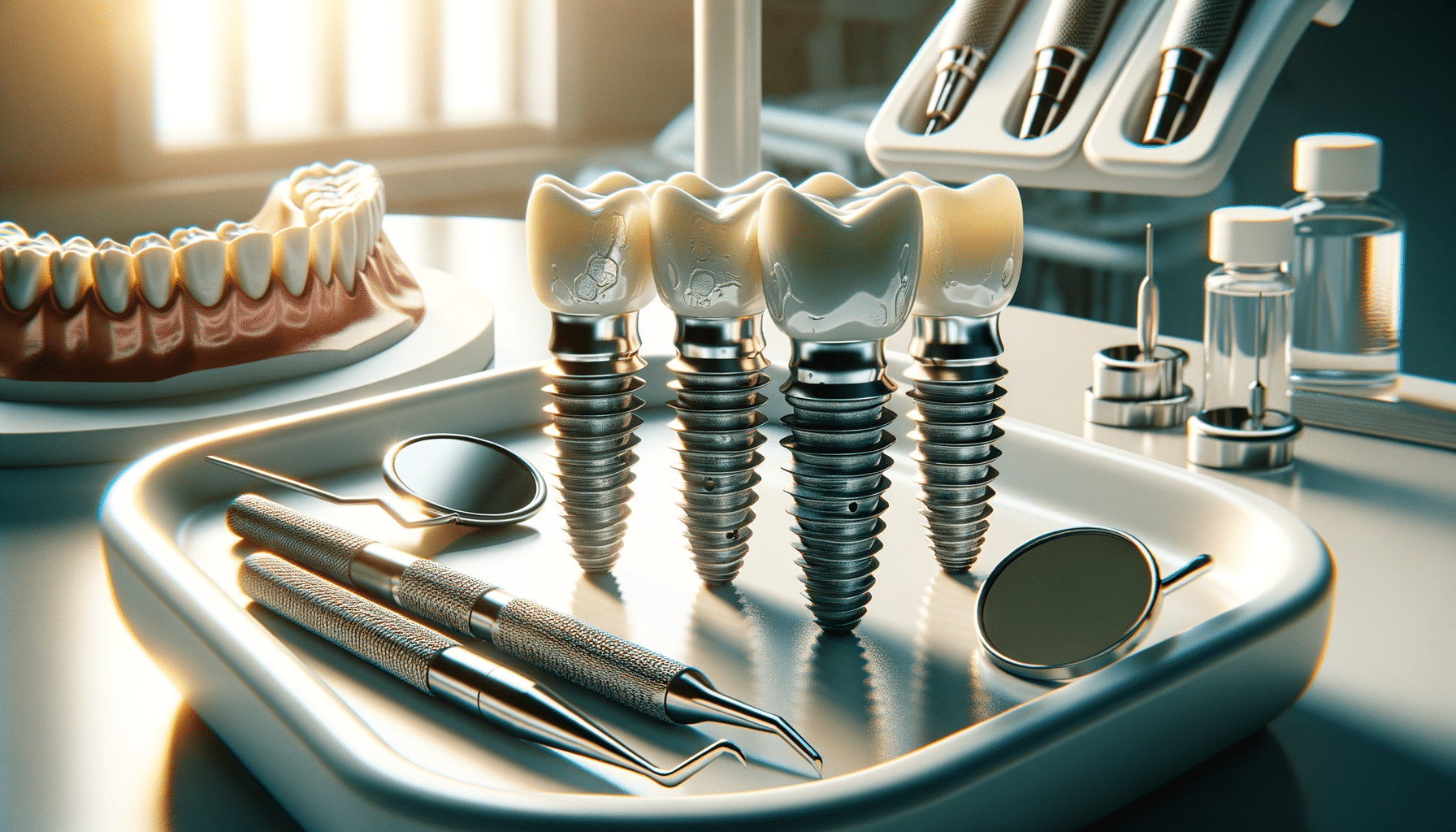
AI in Healthcare: Innovations and Breakthroughs
Artificial Intelligence (AI) is making waves in various industries, and healthcare is no exception. From improving diagnostic accuracy to streamlining administrative tasks, AI is reshaping the way healthcare professionals work and patients receive care.
AI Innovations in Healthcare
AI’s role in healthcare is expanding rapidly, offering solutions that were once considered futuristic. A report by Accenture predicts that AI applications could save the U.S. healthcare economy up to $150 billion annually by 2026. The integration of AI in healthcare is being driven by its ability to handle large datasets, providing insights that enhance clinical decision-making and patient outcomes.
Expert Opinions
Dr. Eric Topol, a renowned cardiologist and author, emphasizes, “AI will not replace doctors, but it can augment the abilities of healthcare professionals, leading to better patient care.” His insights highlight the collaborative potential of AI in enhancing, rather than replacing, human expertise.
Breakthroughs in Diagnostics
AI’s impact is particularly notable in diagnostics. Machine learning algorithms have been trained to recognize patterns in medical images, aiding in the early detection of diseases such as cancer. A study published in ‘The Lancet Digital Health’ demonstrated that AI systems could match or surpass the accuracy of radiologists in identifying abnormalities.
Personal Stories
Consider the case of Michael, a patient who benefited from AI-assisted diagnosis. After numerous visits to specialists who were unable to pinpoint the cause of his symptoms, AI algorithms analyzed his medical history and imaging data, leading to an accurate diagnosis and treatment plan. This story exemplifies AI’s potential to transform patient experiences.
Actionable Advice
- Stay Informed: Healthcare professionals should keep abreast of AI developments through seminars and online courses.
- Collaborate: Engage with tech developers to better integrate AI tools into clinical practice.
- Advocate for Training: Encourage institutions to offer training in AI technologies, enhancing staff competence and confidence.
Comparing AI Applications and Benefits
| Application | Benefit |
|---|---|
| Image Recognition | Improved Diagnostic Accuracy |
| Natural Language Processing | Enhanced Patient Interaction |
| Predictive Analytics | Proactive Health Management |
| Robotic Surgery | Precision and Reduced Recovery Time |
| Virtual Health Assistants | 24/7 Patient Support |
| Administrative Automation | Reduced Workload and Errors |
| Personalized Medicine | Tailored Treatment Plans |
| Drug Discovery | Accelerated Research |
Integrate AI solutions incrementally in your practice to allow for smooth transitions and staff adaptation.
Frequently Asked Questions
How does AI improve diagnostic processes?
AI analyzes medical images and data to identify patterns that may be missed by the human eye, leading to quicker and more accurate diagnoses.
Is AI safe to use in healthcare?
Yes, when implemented with appropriate oversight and ethical considerations, AI can enhance safety by reducing human error and improving precision.
Conclusion
AI’s integration into healthcare is not just a trend, but a transformative evolution. By enhancing diagnostic accuracy, personalizing patient care, and streamlining operations, AI is poised to redefine healthcare’s future. As we continue to embrace these innovations, it is crucial for healthcare professionals and institutions to remain informed and proactive in adapting to these technological advancements. By doing so, they can ensure that AI serves as a tool for enhanced patient care and operational efficiency.


